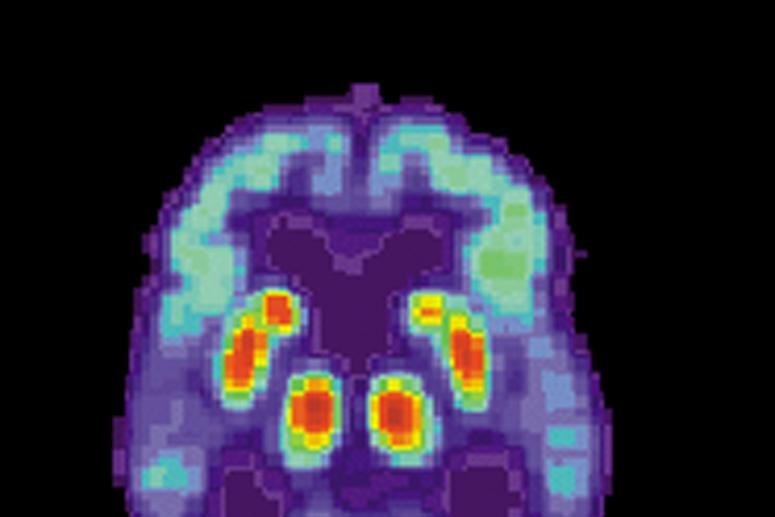July 26 (UPI) -- An experimental drug reduced the presence of amyloid plaques and improved cognition and function in Alzheimer's disease patients, according to early data from a phase II clinical trial.
The drugmakers, Biogen of Cambridge, Mass., and Eisai of Japan, announced the findings Wednesday at the Alzheimer's Association International Conference in Chicago and detailed the results in a press release. The drug has not yet been reviewed by outside experts.
Alzheimer's disease is the most common type of dementia, effecting as many 5 million Americans, with symptoms first appearing generally after age 60, according to the Centers for Disease Control and Prevention.
Currently, no drugs are on the market to reverse the condition.
"The scientific community consensus is that we may need combination therapy in the future -- that may include anti-amyloid approaches as well as other approaches to potential treatments that address multiple aspects of the disease, and include both drug and lifestyle interventions," the Alzheimer's Association said in a press release.
BAN2401, which is administered intravenously, helps the immune system fight the progression of the disease.
When the amyloid protein is misprocessed, it accumulates in the brain, forming a sticky buildup outside nerve cells called amyloid beta plaques. This accumulation stimulates an immune response, which causes tau proteins to form tangles inside the nerve cells.
For the trial, the researchers recruited 856 patients with mild cognitive impairment as a result of Alzheimer's disease or early Alzheimer's disease, which is also known as mild Alzheimer's dementia. All of the participants also had confirmed amyloid in the brain.
The participants were treated with one of five dose regimens or a placebo, with results checked at 12 months and 18 months.
BAN2401 slowed declines associated with Alzheimer's disease by 30 percent at its highest dose of 10 mg/kg biweekly in the trial, compared with placebo, after 18 months, the researchers report.
Also, the drug dramatically reduced buildups of amyloid plaque in the brain by 93 percent at the highest dose. The increases are based on a scale called the Alzheimer's Disease Composite Score, or ADCOMS, a test used to gauge cognition.
On a more common measure of cognition, known as ADAS-cog, the highest dose slowed progression by 47 percent when compared with a placebo. And in the Clinical Dementia Rating, or CDR, the difference between the highest dose and placebo was 26 percent.
Researchers also reported that 161 participants who received the highest dose over two years had a much slower mental decline than the 245 patients who received a placebo.
"On behalf of the millions living with Alzheimer's disease and other dementias now and the millions more at risk, the Alzheimer's Association finds these results important to report and share with the scientific community," the group said in a release.
But researchers and experts say they are expressing caution because the drug has not yet undergone a larger, longer trial.















